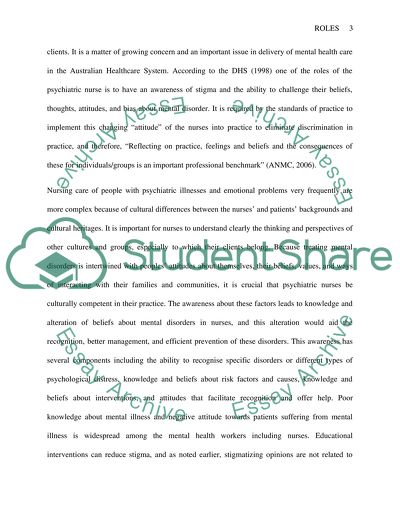Cite this document
(“Roles of Psychiatric Nurses in Mental Health Nursing Essay”, n.d.)
Retrieved from https://studentshare.org/miscellaneous/1515196-roles-of-psychiatric-nurses-in-mental-health-nursing
Retrieved from https://studentshare.org/miscellaneous/1515196-roles-of-psychiatric-nurses-in-mental-health-nursing
(Roles of Psychiatric Nurses in Mental Health Nursing Essay)
https://studentshare.org/miscellaneous/1515196-roles-of-psychiatric-nurses-in-mental-health-nursing.
https://studentshare.org/miscellaneous/1515196-roles-of-psychiatric-nurses-in-mental-health-nursing.
“Roles of Psychiatric Nurses in Mental Health Nursing Essay”, n.d. https://studentshare.org/miscellaneous/1515196-roles-of-psychiatric-nurses-in-mental-health-nursing.


